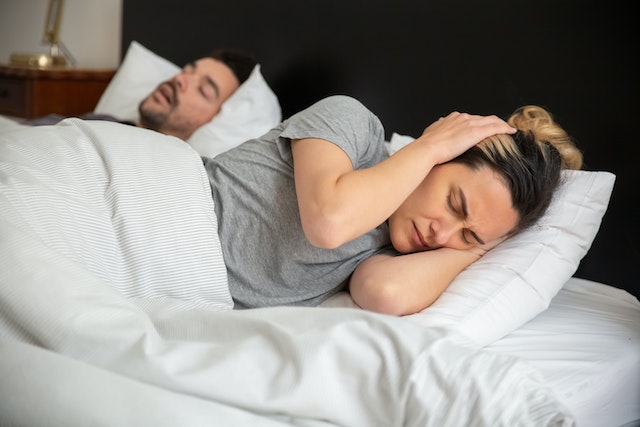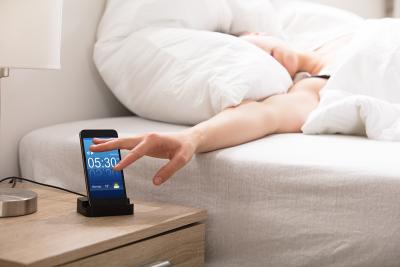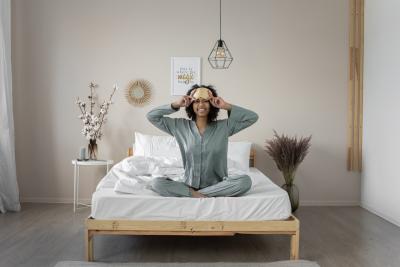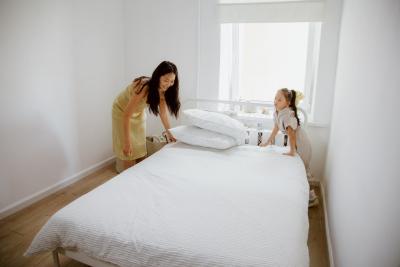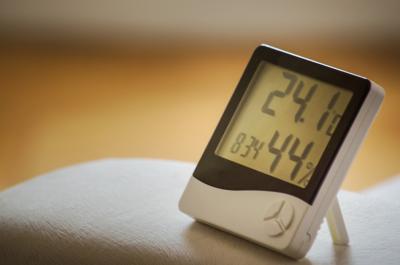Snoring can be a nuisance, both for snorers and those living in the same home and bed as them. If you're wondering about snoring causes and effects, this is the post for you!
What Causes Snoring?
Snoring is fairly common and is generally caused by your mouth, tongue, throat, or airways in your nose vibrating as you breathe.These issues are often caused by a number of factors, such as being overweight, alcohol, allergies, smoking, and sleeping position. Reducing or eliminating these factors could result in you stopping snoring, however, this is not always the case.Sleep Apnoea is another surprisingly common cause of snoring. According to the British Snoring & Sleep Apnoea Association:
‘Obstructive Sleep Apnoea (OSA) is defined as the cessation of airflow during sleep preventing air from entering the lungs caused by an obstruction. These periods of 'stopping breathing' only become clinically significant if the cessation lasts for more than 10 seconds each time and occur more than 5 times every hour.’
The Natural Sleep Company ran a sleep survey to assess the biggest disruptions to sleep – the results showed that snoring is one of the biggest disruptions; 35% of survey responders admitted to snoring, whilst 75% reported their sleep was disturbed due to their partner’s snoring.
Does Your Bed Affect Your Snoring?
So, we know how snoring can occur, and possible factors, but did you know your mattress could also be an influence in causing snoring?If your mattress doesn’t sufficiently support the curve of your neck and back, it could be that the lack of support is causing you to snore. Furthermore, if your mattress is too soft, the support you receive is likely to be inadequate, resulting in your head moving out of a supportive position, in turn lowering your jaw which will obstruct your airways, causing snoring.
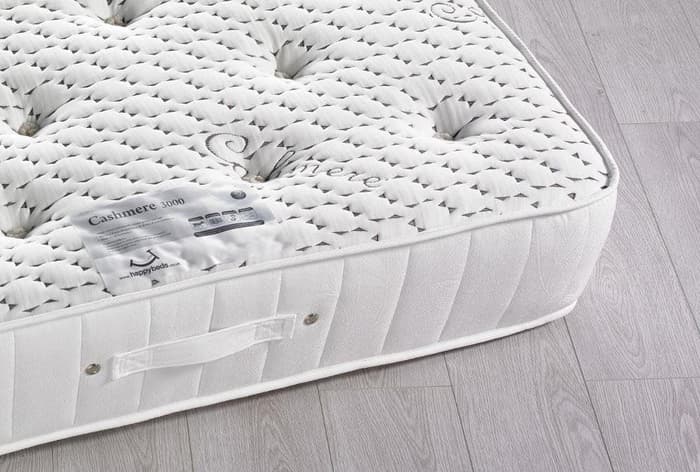 So, if you or your partner are snorers, regardless of your usual sleeping position, you should ideally be sleeping on a medium to firm mattress to ensure your airways are clear.
So, if you or your partner are snorers, regardless of your usual sleeping position, you should ideally be sleeping on a medium to firm mattress to ensure your airways are clear.
What about Adjustable Beds?
No longer exclusive to hospitals, adjustable beds are a growing trend thanks to their adaptability. Adjustable beds, as the name suggests, offer a variety of sleeping and sitting positions that help you find the perfect position to get your forty winks. With this being said, do adjustable beds help snoring? Research suggests that elevating your head a few inches helps to ease pressure on the airways, allowing for easier breathing.Despite the numerous health and comfort benefits the adjustable bed provides, we understand a new bed is not always financially viable. Whether this is the case or not, we encourage trying a new mattress. With a vast selection available, you may be wondering which is the best mattress for snoring? If so, keep reading!
How to Choose the Right Mattress
It may sound quite daunting at first, changing your mattress, but if your snoring or your partner’s snoring is causing a lack of sleep, finding the best mattress for snorers could be well worth the effort.If you enjoy the comfort of a soft mattress, a medium to firm mattress doesn’t need to disrupt your sleep even further. There are plenty of memory foam mattresses available that provide sufficient support, as well as comfort, contouring to your body’s shape and movement during your sleep.Sleep is one of the most important factors in order to keep your body functioning; restless nights caused by snoring, or snorers, and painful nights shouldn’t be taken with a pinch of salt, and neither should your choice of mattress.Discover our vast range of mattresses and find your optimum support and comfort online today.
Resources:1. https://www.nhs.uk/conditions/snoring/2. Association, B. (2017). British Snoring & Sleep Apnoea Association. [online] Britishsnoring.co.uk. Available at:http://www.britishsnoring.co.uk/snoring_&_sleep_apnoea/what_is_sleep_apnoea.php3. The Natural Sleep Company Survey. (2017). [ebook] The Natural Sleep Company. Available at: http://naturalsleep.ie/pdf/ns-survey-download.pdf4. Decker, M. J., Yamauchi, M., & Strohl, K.P. (2015). Keep the airway open and let the brain sleep. American Journal of Respiratory and Critical Care Medicine, 190(11), 1207-9


